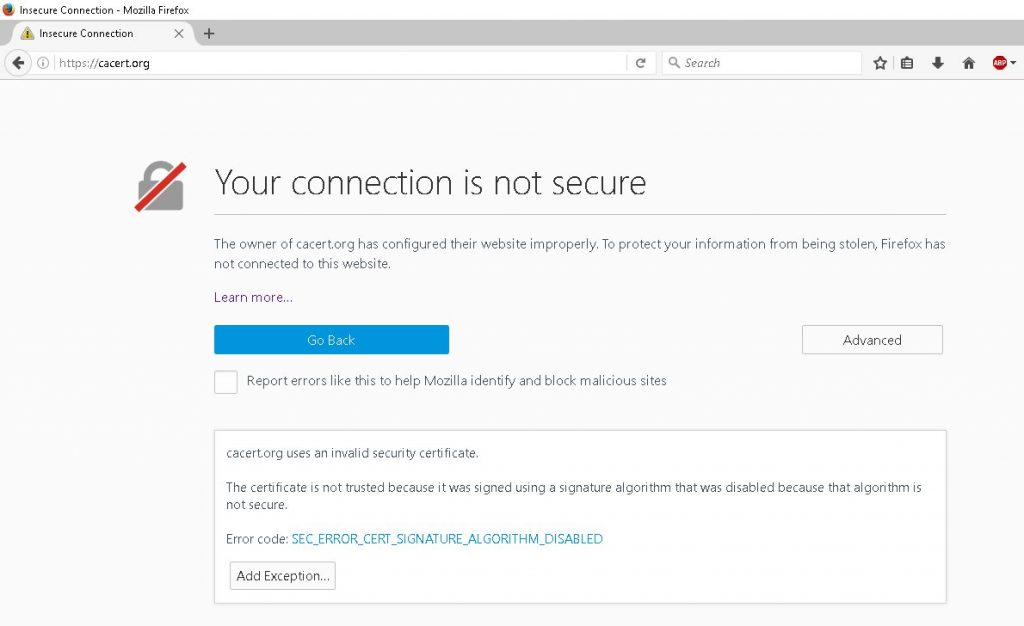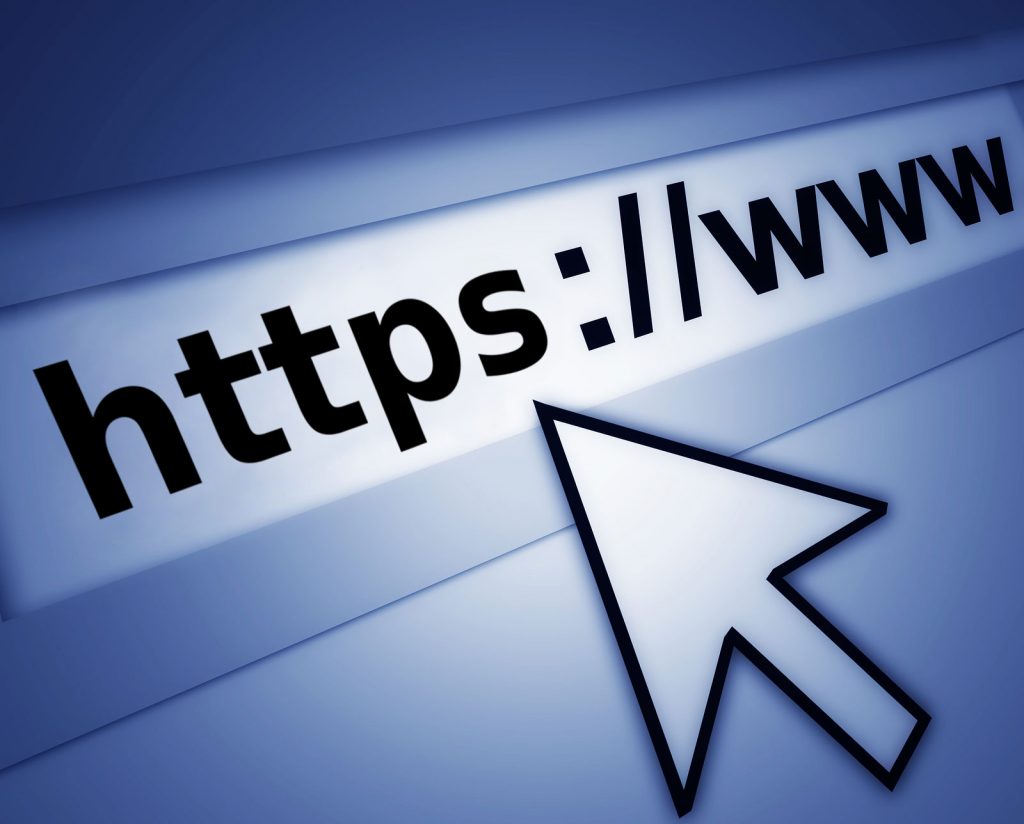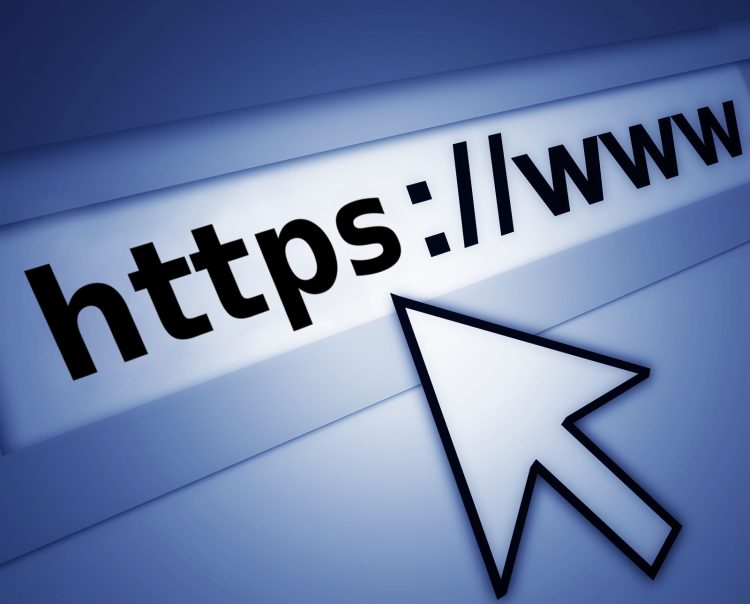Have you noticed more warnings recently about “Insecure” websites while browsing the web? That’s because all the major internet browsers have started flagging up sites without a TLS (formerly SSL) certificate.
If you run a website, even as small one, the time has come to upgrade to TLS. Otherwise, most people visiting your site will be warned that it is insure.

Table of Contents
How difficult is it?
Upgrading to TLS, at least for Gingerling Design customers, is a one off fee that will not have any impact on how you use the website afterwards (except you won’t get warnings anymore!).
If you are still not convinced, there are other benefits to using TLS:
Firstly, it makes your site faster. Much faster! In this simple example a site was loaded in 8 seconds on http and 0.8 seconds with https!
Secondly, it’s more secure for you too! When you log in to make changes to your site with http, your username and password are visible to anyone looking. With https they are encrypted.
If you want more info, read on!
What is TLS?
Transport Layer Security and cryptographic protocols for secure communication online. This means they are standardised ways of scrambling and unscrambling information that is being sent over the internet. Where TLS is used the page url will be https:// instead of http://

How insecure is HTTP?
Very! If you are viewing a web-page that is not using TLS all the things you do can, theoretically, be seen by anyone who wants to look. It’s a bit like sending a postcard.
However, there is a LOT of traffic online, so probably, no one is paying attention. Most of the data you generate is not very interesting to thieves. However, when buying things with credit cards online, for example, http:// is a terrible idea. People could steal your card details!
Does my website need HTTPS?
The answer to this question, even one year ago was: “Probably only if you are taking credit card payments on your site”. This excluded a lot of web-shops that use services like PayPal too. While it’s always been better to use https than http, it’s not something that most sites had to bother with. Even six months ago many major websites such as the Daily Mail and Virgin Media were still using http.
But now, things have changed. Most browsers will now warn you every time you visit a site that is not using https:// even if it’s just a little blog or personal website. That means, if you run a website, your customers/visitors are being warned too!


